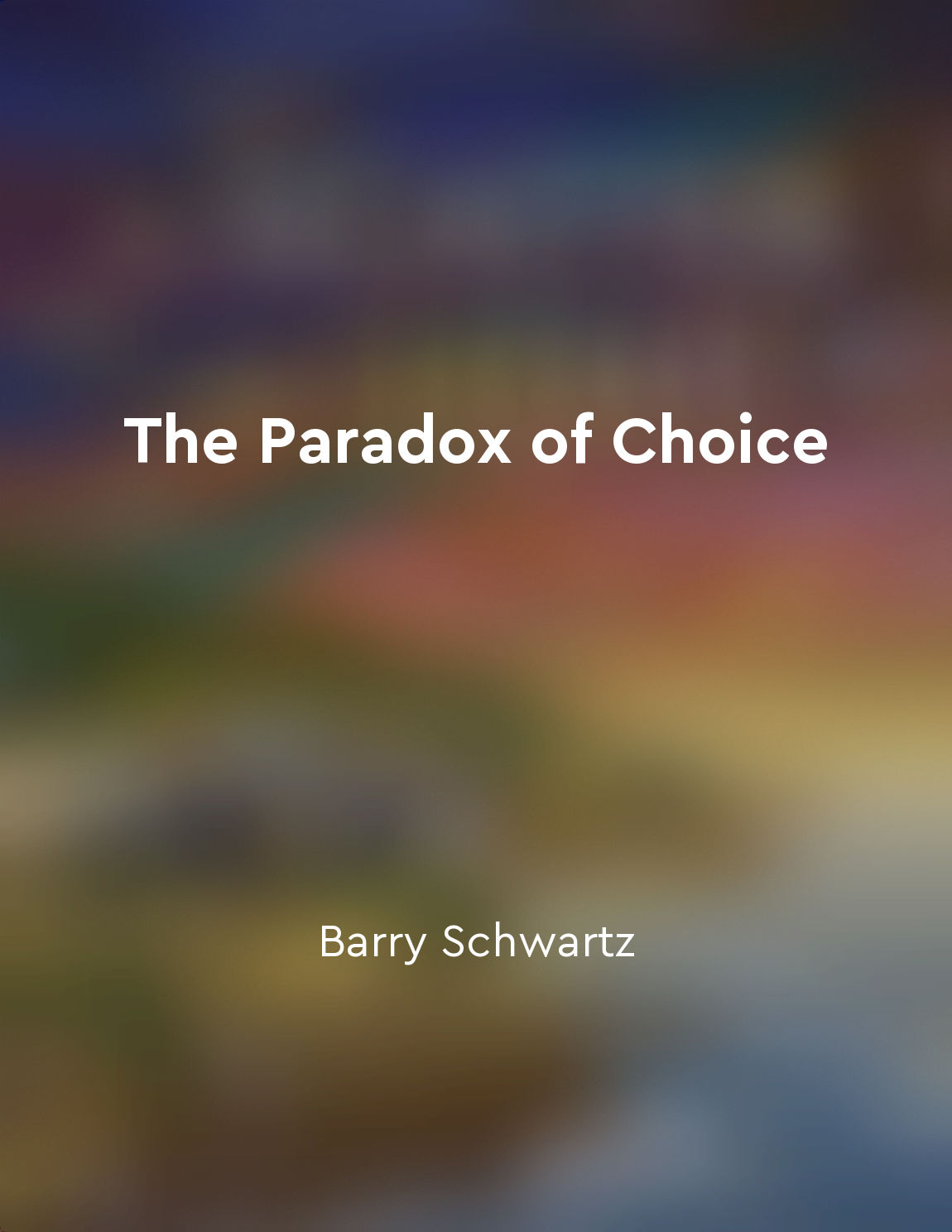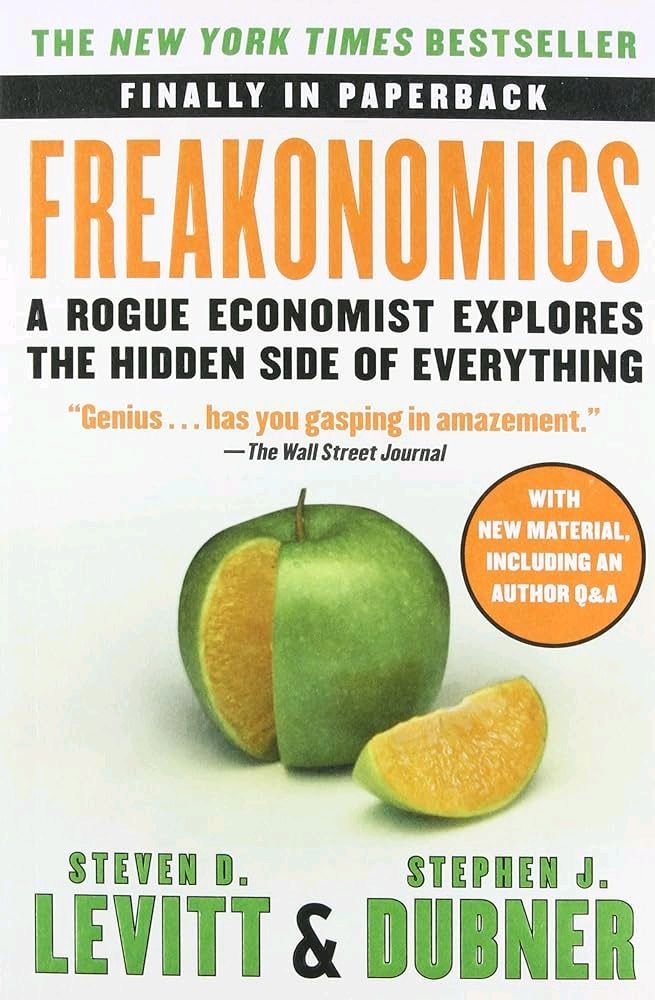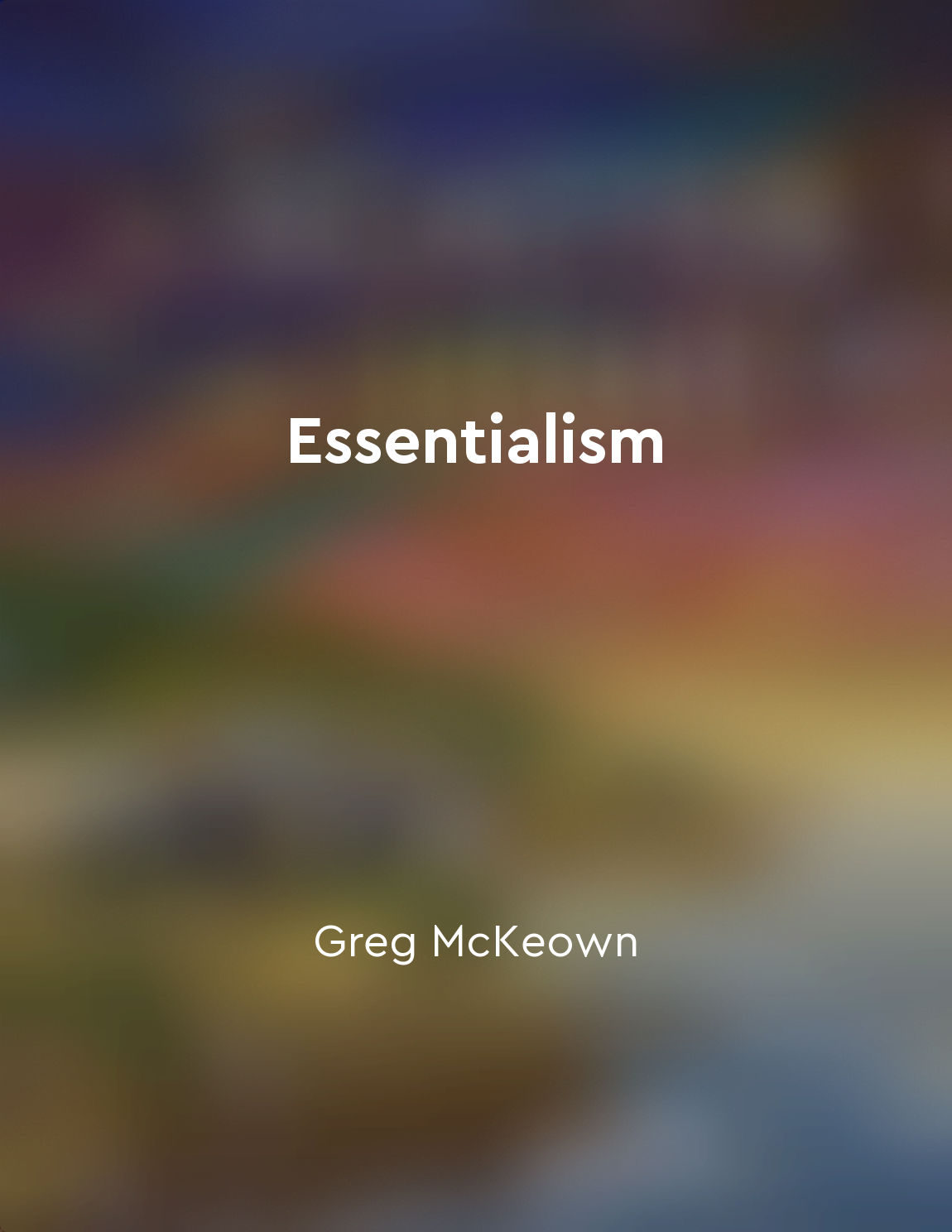Economic decisionmaking involves trade-offs from "summary" of The Making of Economic Society by Robert L. Heilbroner,William Milberg
Economic decisionmaking involves trade-offs, a fundamental concept that lies at the heart of all economic activity. When individuals or societies make decisions about how to allocate scarce resources, they are faced with a series of choices that require them to weigh the benefits and costs of each option. In other words, every decision made involves giving up one thing in order to gain something else. For example, when a person decides to spend money on a new car, they are choosing to forgo other possible uses of that money, such as saving for retirement or investing in education. Similarly, when a government chooses to allocate funds to healthcare programs, it must consider the opportunity cost of not spending that money on other public goods like infrastructure or education. Trade-offs are inherent in all economic decisions because resources – whether they are money, time, or labor – are limited. This means that individuals and societies must prioritize their needs and wants...Similar Posts
Mental shortcuts: simplify decisionmaking
One of the most powerful tools our brain uses to make decisions is the concept of mental shortcuts. These shortcuts allow us to...

Occupational licensing restricts entry into professions
Occupational licensing is a common practice in many professions, requiring individuals to obtain a license before they can lega...

More choices do not always lead to more happiness
In a world where we are constantly bombarded with options, it is easy to believe that having more choices will inevitably lead ...
The financial crisis of 2008 revealed weaknesses in the system
The global financial crisis of 2008 was a watershed moment that shook the foundations of the economic system. It exposed deep-s...

Market forces influence legal outcomes
The legal system is not isolated from the market economy; rather, it is influenced by the same market forces that shape economi...
Public policies can address market failures
When markets don't work efficiently, we call it a market failure. Market failures can arise due to various reasons, such as ext...

The conventional wisdom is often wrong
The conventional wisdom is a powerful force in society. It shapes our decisions, influences our beliefs, and guides our actions...
Crime rates and poverty
One of the prevailing beliefs in society is the idea that crime rates are directly linked to poverty. This notion is often used...

Making time for relaxation and rejuvenation is essential for maintaining balance in our lives
Our culture tends to glorify busyness, often equating it with productivity and success. We are praised for working long hours, ...
Context matters in decisionmaking
In the world of decision making, context matters. It shapes the choices we make and the outcomes we experience. Context can com...
